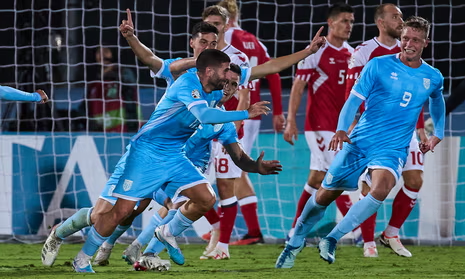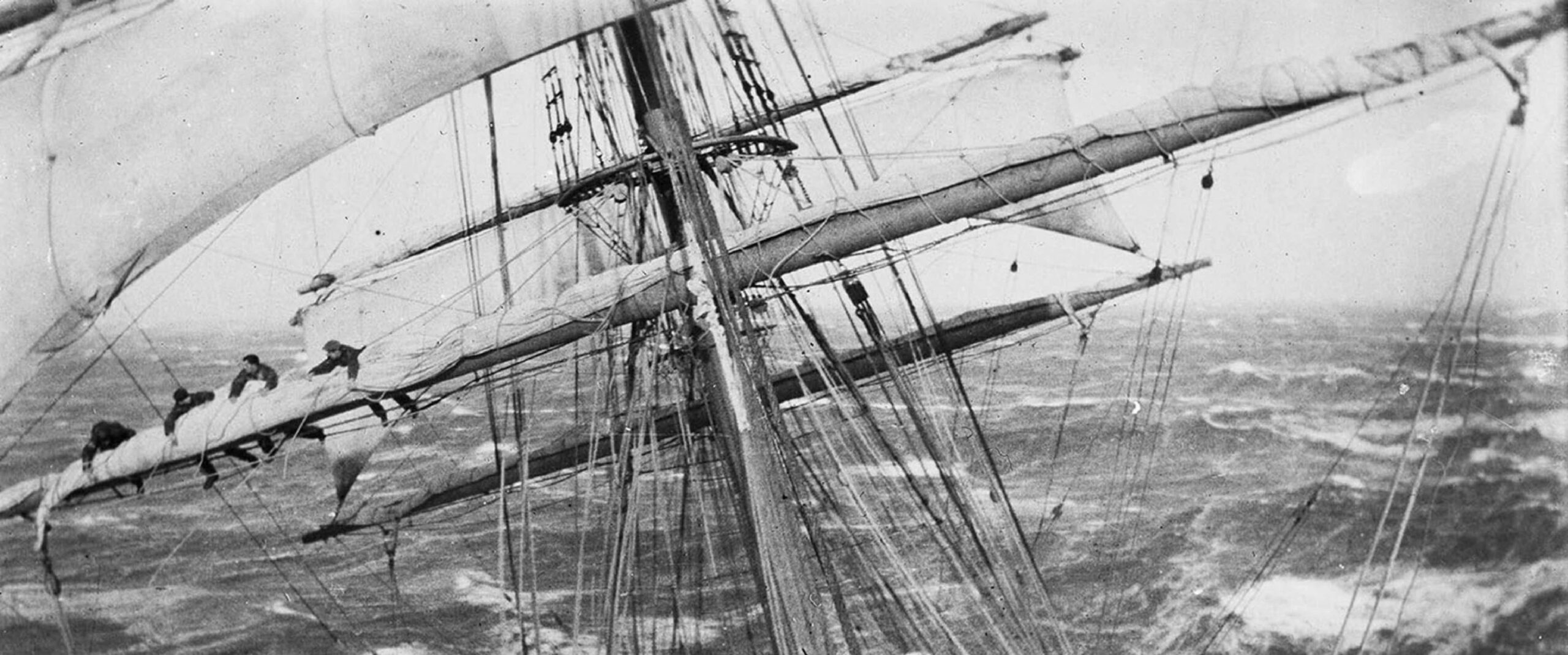
Great football teams don’t play great basketball. They’re great at football because they focus on football. They live for football, think and talk about football, play football. Football is the cement that binds the team together. They might play basketball, but it’s not the game that they’re connected to.
It’s the same for any team, sporting or otherwise, elite or ordinary.
If you want to be good at what you do, connect with what you do.
Make that connection the thing that binds your team together.
Whether it’s football or healthcare or digging holes or making widgets or selling insurance.
Know your game. Know your part in that game. Know your team. Know how they play.
Play that game.
Connect with all the individuals in the team, not just the ones you like.
Or the ones who like you.
Strong teams share the experience of the game – wins and losses – good and bad experiences bond them as a team and in turn helps the team perform better.
If you’ve worked in such a team you’ll know it. You remember and cherish the experiences.
If not you’ve missed a great life experience.
In the never-ending quest for “better culture” there’s often a focus on connections between people in the team, and their leaders. On its own these soft links aren’t enough.
In the other never-ending quest for “better results” there’s often a focus on understanding and connecting to the work at hand. Getting better at what we do. Better systems more training. On their own these hard links aren’t enough either.
Strong teams do both. Consistently and relentlessly.
When people are connected through their work they get better at that work. Simple.
They also enjoy their work more. Win-win.
Not all teams work this way, and that’s a problem.
Some are just divided or competing egos – that’s easy to see and feel.
Others just lack connection to their game. They don’t care or stopped caring or aren’t there to play the actual game of the team. Maybe they’re there to just earn a salary or climb the ladder to a different game. Or they just don’t know what the game is.
That’s not so easy to see because it’s what’s missing that matters.
“…when people are connected through their work they get better at that work. Simple….”
What game does your team play? At work?
Do you feel connected to it? Do you think about it while you’re working, or outside work hours?
Do others in the team feel the same?
Do you connect with others in your team who are playing the same game?
Do you experience the wins and losses or do they just happen to you?
Do you care enough about what the team is doing to create memories about those wins and losses?
Do you feel connected to the other team members or is it just a job you do?
Do you remember the wins and the losses?
Does the team leader play a role in making those connections?
How are we connected?
.
.
“I might be wrong, but at least I’ve thought about it…”
